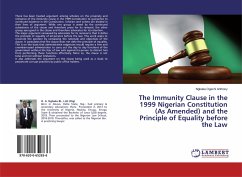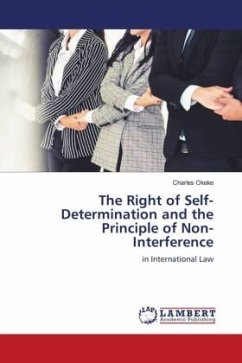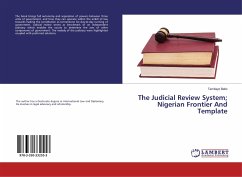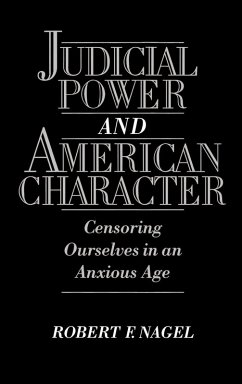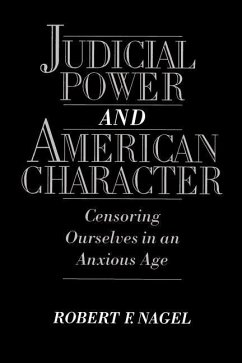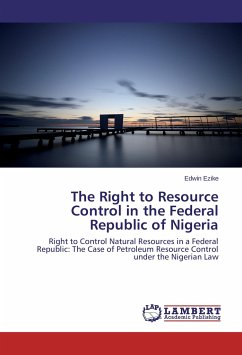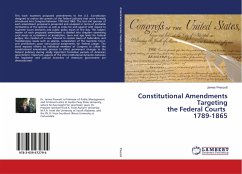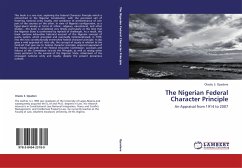
The Nigerian Federal Character Principle
An Appraisal from 1914 to 2007
Versandkostenfrei!
Versandfertig in 6-10 Tagen
62,99 €
inkl. MwSt.

PAYBACK Punkte
31 °P sammeln!
This book is a rare text, exploring the Federal Character Principle which is entrenched in the Nigerian Constitution; with the perceived aim of fostering national unity, loyalty, and avoidance of predominance of one part of the country on the other. In view of Nigeria's configuration, as a hyper-plural society--in terms of ethnic, religious, educational, and other divides--, this book is considered very timely; particularly at this time that the Nigerian State is confronted by myriads of challenges. As a result, this book contains exhaustive historical account of the Nigerian concept of quota ...
This book is a rare text, exploring the Federal Character Principle which is entrenched in the Nigerian Constitution; with the perceived aim of fostering national unity, loyalty, and avoidance of predominance of one part of the country on the other. In view of Nigeria's configuration, as a hyper-plural society--in terms of ethnic, religious, educational, and other divides--, this book is considered very timely; particularly at this time that the Nigerian State is confronted by myriads of challenges. As a result, this book contains exhaustive historical account of the Nigerian concept of quota system, which preceded and eventually metamorphosed, in 1979, into the now constitutionally entrenched federal character principle. It also gives a vivid appraisal of, inter alia, the concept of equity in relation to the mind-set that give rise to federal character principle; empirical appraisal of the modus operandi of the Federal Character Commission; successes and failures of the Commission vis-a-vis the Principle; as well as raising other issues pertinent to the survival of the Nigerian State, attainment of the envisaged national unity and loyalty, despite the present precarious outlook.



